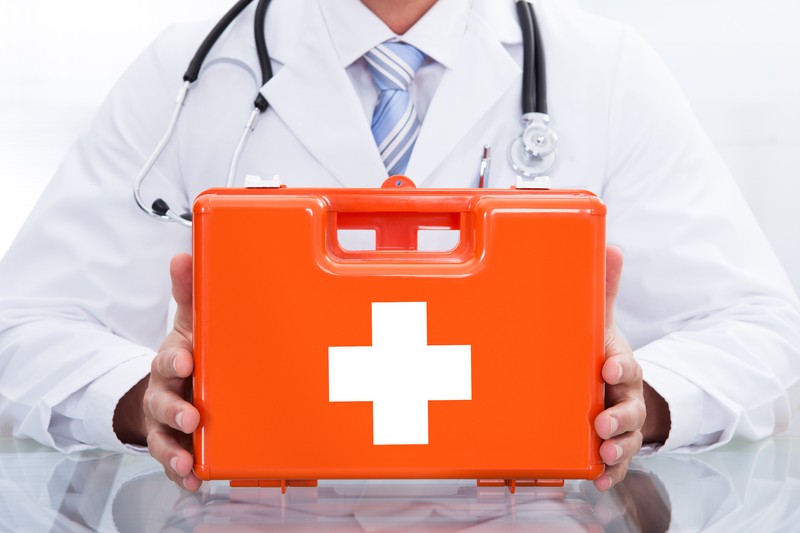Think sincerely about your abilities and restrictions, the trials imposed by your environment in the event of a catastrophic event. You will need to know what kind of aid you will need and prepare to talk about your medical needs when facing an emergency.
1. Compile your medical information.
This can be cumbersome but is invaluable in the event of an emergency. Having all of your information organized and ready to go makes it much easier to get help if necessary and keep your medication regimen on track.2. Determine what type of medication(s) and what type of help you would need in the event of an emergency.
Medications are to be taken for a reason, though some are more critical than others. Determine the importance of your medications and make sure you plan accordingly so that the medications will be available during an emergency.3. Stockpile prescription medication.
Start stockpiling your prescription medications. Your stockpile should include enough of every essential medication to last at least seven to ten days.
The best way to stockpile prescription medication is to refill your prescription as soon as the pharmacy will allow. By doing this every time, you will have a few extra days’ worth of medicine that you can set aside as part of your emergency preparedness kit.4. Maintain your stockpile responsibly.
Medications do expire, so rotate the medications that are included in your kit so that you don’t store outdated supplies.
Get in the habit of replacing the stored medication with every new refill. Also, take care to store your medications in labeled, child-proof containers away from places that experience extreme heat, cold, or humidity. Be particularly cautious with certain medications, especially narcotics, as these are more susceptible to being stolen and abused.5. Talk with your doctor about your emergency preparedness plan.
Anyone who routinely takes prescription medication should consult a physician about preparedness issues. Talk with the doctor who wrote the prescription about what to do in case you run out of medication during an emergency. Understand the shelf life and optimal storage temperature for your medication.6. If you get regular treatments … at a clinic, hospital, other healthcare center, or at home, talk with your doctor or nurse about their emergency preparedness plans.
For more information about the above topics, to learn about emergency contacts, records, injections and plans, please go to American Preppers Network.
It is the being caught unaware and improvising that will cause the most grief. So please, get your records straight, undertake research, and do what needs to be done!

Any tips on survival for diabetics?
My fiance is type 1 diabetic and needs insulin or she will die.